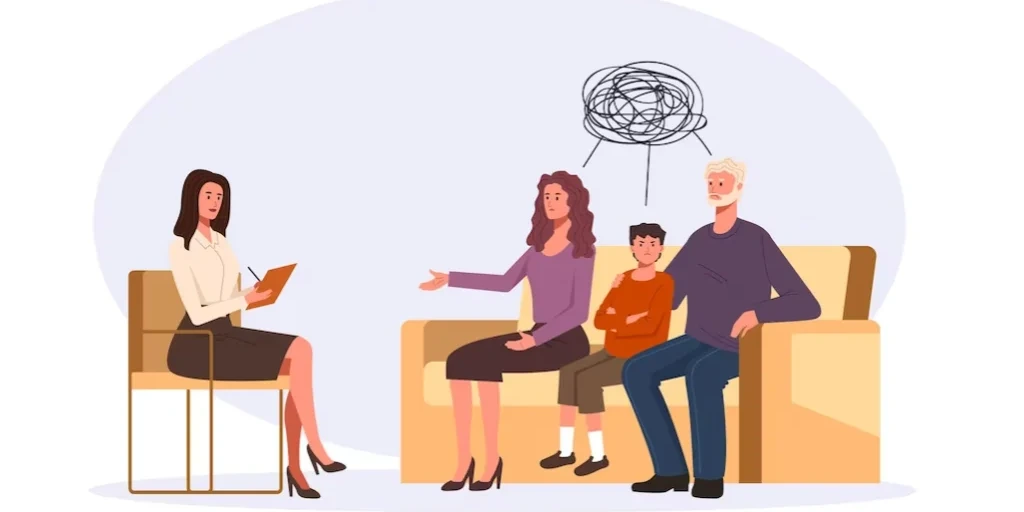24/7 Helpline:
(866) 899-221924/7 Helpline:
(866) 899-2219
Learn more about Ecstasy Rehab centers in Hood River County

Other Insurance Options

Optima

Providence

UnitedHealth Group

GEHA

Magellan Health

Amerigroup

AllWell

CareSource

Evernorth

MVP Healthcare

Excellus

Kaiser Permanente

Carleon

Sliding scale payment assistance

BHS | Behavioral Health Systems

Ceridian

Aetna

Lucent

American Behavioral

Optum

Providence Hood River Memorial Hospital Behavioral Health
Providence Hood River Memorial Hospital Behavioral Health is a private rehab located in Hood River, ...

Mid Columbia Center for Living
Mid Columbia Center for Living is a public rehab located in Hood River, Oregon. Mid Columbia Center ...








































